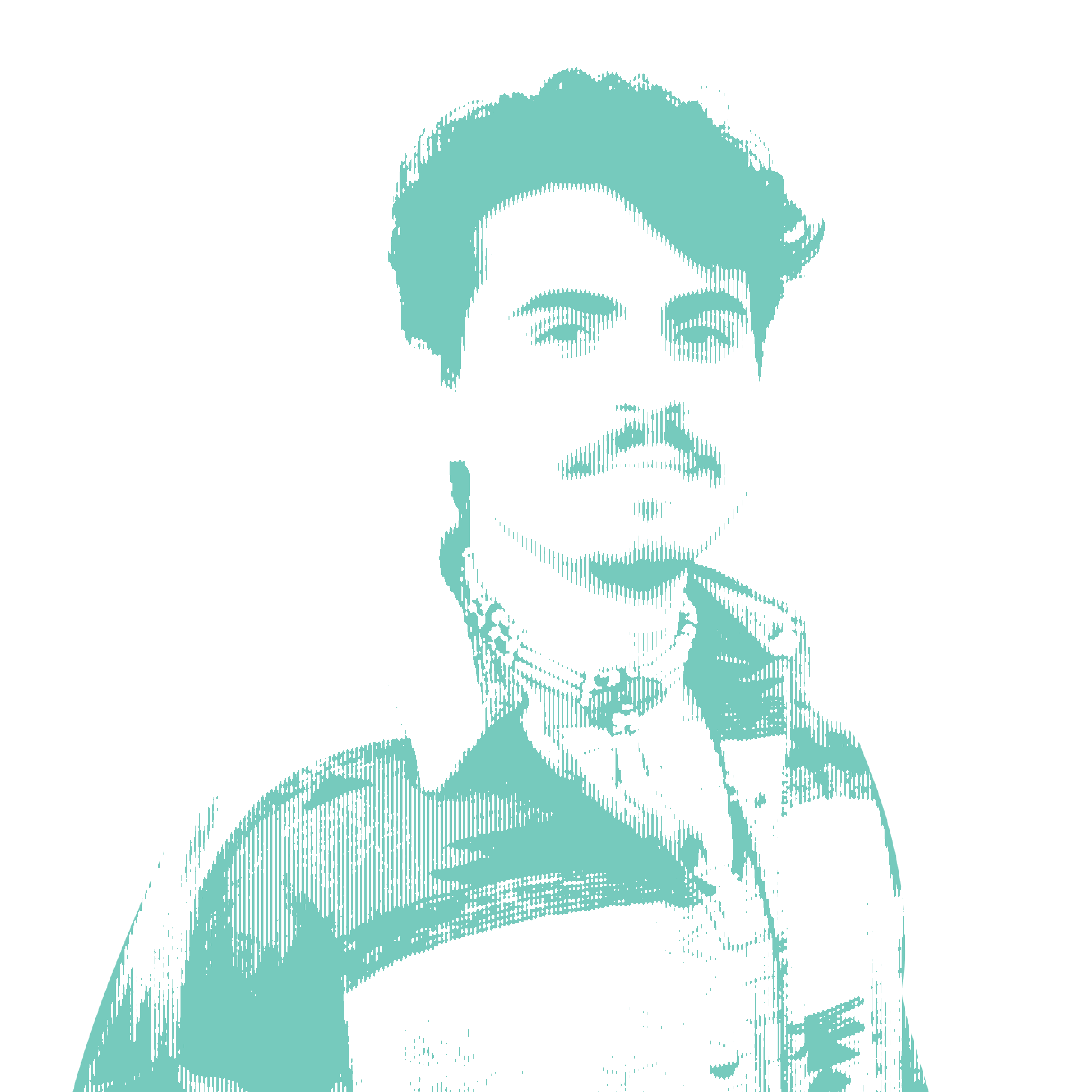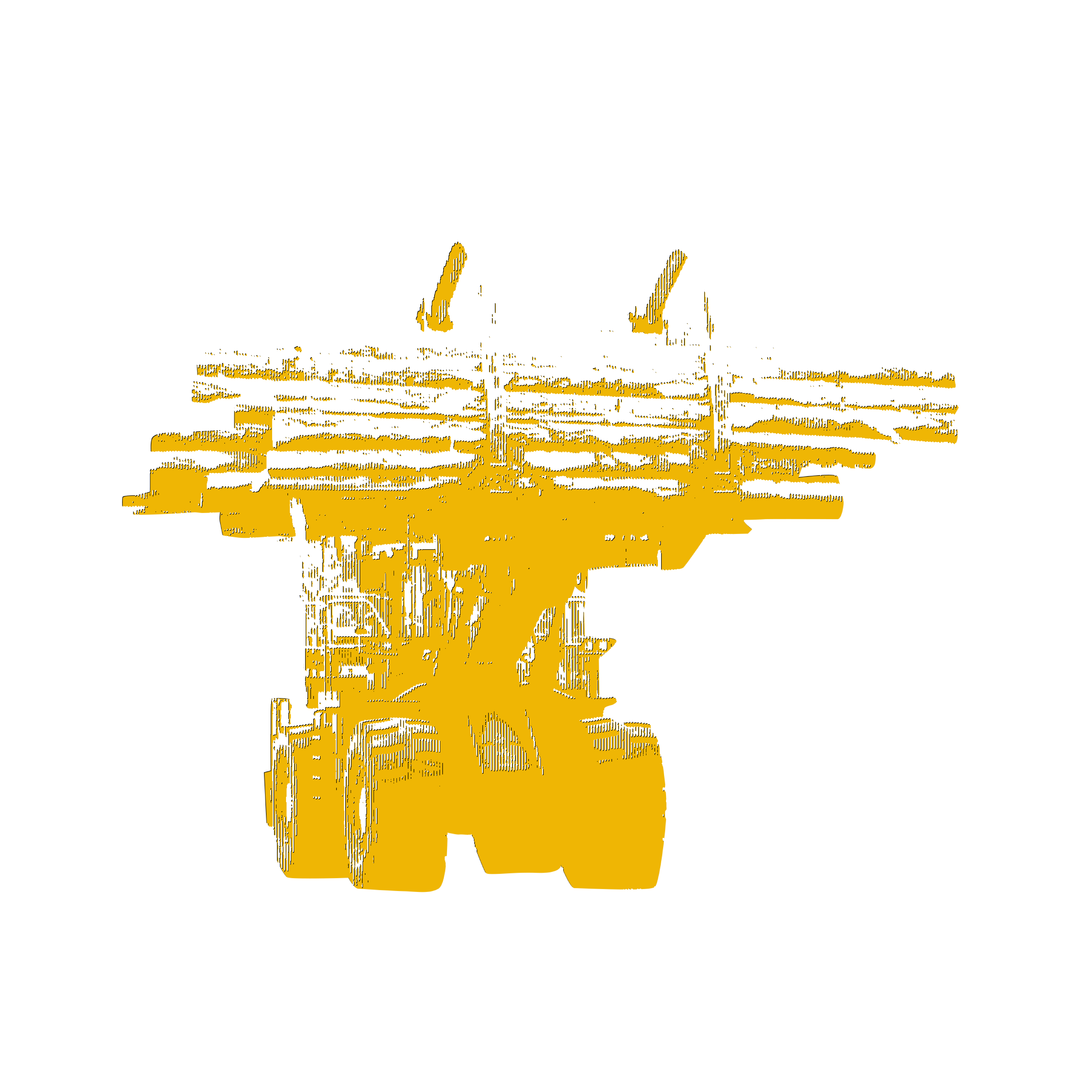Two journalists embark on an expedition, funded by the Pulitzer Center, with the aim of reaching one of Peru's most remote Indigenous communities. In order to achieve this, they must traverse a dense region dominated by corruption, drug trafficking, and illegal mining, delving into a territory where very few outsiders are allowed access.
No News from Yomibato brings the sounds of fascinating and unknown cultures, but also the noises of dangerous predators lurking in the jungle. Have you ever wondered what the Amazon really sounds like?
This five-episode podcast brings visibility to the reality of a population that rarely appears in the media and is surrounded by both devastation and beauty.

As a nonprofit journalism organization, we depend on your support to fund more than 170 reporting projects every year on critical global and local issues. Donate any amount today to become a Pulitzer Center Champion and receive exclusive benefits!
Chapter 1: The law of gold
The first stop of this journalistic expedition is a city of tin, gold, and blood built between kilometers 92 and 117 of the Interoceanic Highway, known as "La Pampa." César and Martín accompany a military and police operation that will ambush the same illegal miners who deforest the green heart of the Peruvian rainforest.
Chapter 2: Meeting in the jungle
After participating in the operation against illegal mining, César and Martín continue their expedition through the lush region of Madre de Dios. Both journalists have been invited to an exclusive meeting convened in Cocha Cashu, a prestigious biological station dedicated to the study of Nature. An anthropologist who knows the secrets of indigenous peoples, including the Matsigenka people who have lived there even before the Incas, will attend the meeting.
Chapter 3: The birth of a leader
César and Martín navigate into the interior of Manu National Park, a protected natural area three times the size of the Basque Country and home to some of the last "uncontacted" tribes on the planet. The journalists undertake an exhausting journey to the intangible territory of Matsigenka culture and interview the leader of the remote community of Yomibato, Mateo Vicente Avanti.
Chapter 4: Impogini?
César and Martín live with the Yomibato indigenous people and portray the complicated cultural clash faced by its inhabitants: They hunt with bows and practice ancestral rituals, but they also wear football shirts and have limited internet access. Surrounded by drug traffickers and gas lobbies, Matsigenka people seem to be besieged by all kinds of predators and dangers.
Chapter 5: News from the depths of the forest
A "no-contact" family leaves their isolation and approaches Yomibato with disturbing news from the depths of the forest. In order to find out what has happened, César and Martín seize the opportunity to interview them with Mateo's help. It will be the first time these isolated indigenous people have seen bearded men.











